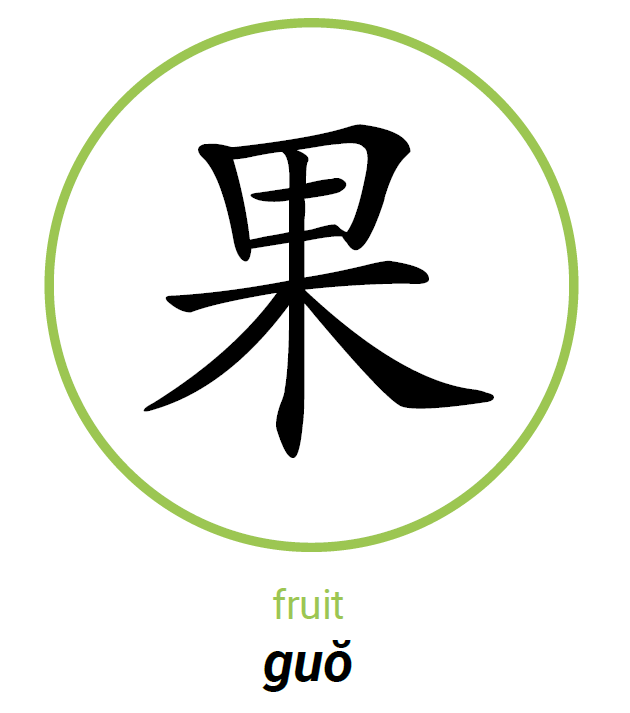The original article in French was published on Chine Info. com where Professor Bellassen as a columnist regularly talks and shares his profound understanding of the Chinese language. Our Editor got permission from Professor Bellassen to translate this article about Chinese humour in both English and Chinese to publish here.
Language phenomena
Is there Chinese humour? To this question, the great
Chinese writer of the twentieth-century Luxun had answered in the negative. We
will allow ourselves here to take the opposite side of such an assertion...
Certainly, the Chinese word “humour” was imported from
English, as late as in the 20s of the twentieth century, by the Chinese writer
Lin Yutang. And the phonetic translation of this word “you mo”, has two
Chinese characters 幽默
meaning "silence" ... The absence of
a word “humour” in the Chinese language does not necessarily mean that the corresponding phenomenon is absent, probably “humour” has not been
conceptualized in the same way... In fact, the word “humour” in English was
itself borrowed from the French word "humeur", with its Latin origin,
referring to the fluids of the human body supposed to guide human behaviours.
It appears in the fact that the comic, more indirectly, the
humour is clearly present and finds a most favourable environment in the Chinese
cultural context. The “xiangsheng”,
a kind of comic dialogue, or
another very popular but sometimes even low-level vulgar show “er ren
zhuan” in north-east China, reminds us of our stand-up comedy, or opera
buffa (comic opera).
But what about these well-made suspenseful Chinese
expressions, called xiehouyu? Those
expressions with implied meaning are constructed on an allusive mechanism to
produce a humorous effect. These idiomatic expressions, duly listed in xiehouyu
dictionaries, are based on the first part, also called the primer of the xiehouyu, which
announces or alludes to the suspense that usually includes a pun. Chinese is not
only a language that gives way to humour, but it even has its own fixed
expressions dedicated to humour! Here are some samples...
If you don't understand what you're being told, and
you want to be humorous, try this xiehouyu:
蛤蟆跳井——扑通(不懂) hama tiao jing —— putong! (bu dong)
The toad jumps into the well... Splash! (it is a wordplay on similar-sounding. The pronunciation of "I don't understand"
in Chinese is close to Chinese onomatopoeia)
If someone wants to show his modest, he could try:
老头儿过河——牵须(谦虚)laotour guohe —— qianxu
The old man crosses the river... we drag his beard
(same pronunciation as Chinese word "modest")
Finally, someone who doesn't respect anything, you can
call it that...
和尚打伞——无发(法)无天 heshang da san —— wu fa wu tian
A monk under an umbrella... hairless (Buddhist monks
are shaved) and without seeing sky (since under an umbrella!) (homophony with
the phrase "lawless").
THE KEY COMPONENT TO THE SIGNS

The sinogram 果 is composed of a tree with the
fruit mark on its top. 菓 (guǒ), with the grass component above it, is another
graphic variant. Related characters include the character巢 (cháo: nest), which
depicts birds above a nest, the character课 (kè: lesson), which
includes the key radical “speech”.
WORDS
成果 chéngguǒ : result [Transformed Fruit]
果报 guǒbào : predetermined reward[reward in the result– a Buddhist term]
果园 guǒyuán : orchard [garden of fruits]
因果 yīnguǒ : verger causality[cause and result]
EXPRESSIONS
开花结果 kāi huā jiē guǒ: to have a positive result [flowering and harvest
fruits]
什么树,结什么果 shénme shù, jié shénme guǒ: you reap what you sow[such a tree, such a fruit]
言必信,行必果 yán bì xìn, xíng bì guǒ : one must be faithful to the word given and resolved in his actions [words must be credible, actions must bear result]
* For more information or articles, please visit the website of Prof. Joël Bellassen
**Méthode d'initiation à la langue et à l'écriture chinoises, by Joël Bellassen, (Français) Broché – 1 mai 2008
Learning Chinese: How to Use Multimedia Contents in the Classroom
Theme-based Learning is a very efficient method for young children’s issue-centered learning. But it could be very challenging to educators. By using hihilulu contents platform, LPT and hihilulu created a Chinese curriculum based on Chinese cartoons.
Learning Chinese: What's the Best Time for Kids to Start?
Hello everyone, today it’s the first time I write an article and share my daughter's language learning experience, I hope you may get some insights after you read this article. Many parents are confused whether kids learn the foreign language will influen...
Learn Halloween Activities and Words in Chinese
Halloween is coming soon! It's the perfect time to talk about pumpkin, spider, witch and masks. Do you know how to say all of these things in Chinese? And are you curious about what kind of activities you could do in a Chinese style Halloween?
hihilulu holds the right to deal with malicious speech in the Comment area.